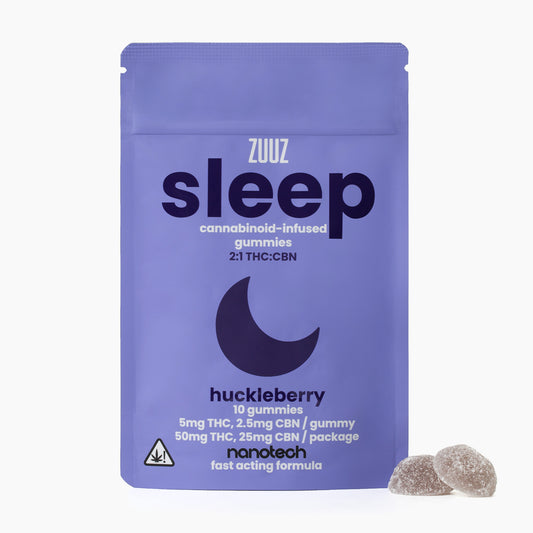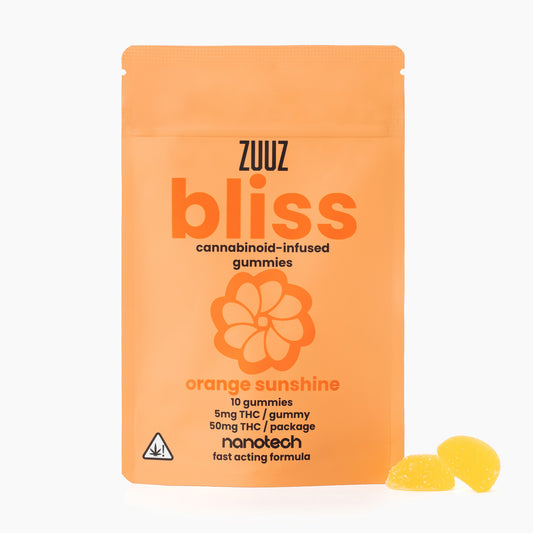Why we don't use melatonin

1. Melatonin Isn’t as Harmless as It Looks
Melatonin is a hormone your body already produces to manage its sleep-wake cycle.
Supplementing nightly can throw that balance off, leading to vivid dreams, next-day grogginess, mood changes, and a general “tolerance creep” where you need more to feel anything [3].
2. Dose Labels Are Wildly Inaccurate
A landmark lab analysis found that many off-the-shelf melatonin products contained up to 478 % more (or less) hormone than the label claimed—and some were even contaminated with serotonin [1]. When you’re trying to rest, playing dosage roulette isn’t the answer.
3. Overuse Can Disrupt Your Natural Rhythm
Long-term daily use may dull your body’s own melatonin production and leave you dependent on an external fix [2][3]. The result? Sleep that feels forced and mornings that feel foggy.
4. Cannabinoids Work With Your Body, Not Against It
Instead of forcing a hormone spike, our Sleep Gummies rely on a precise micro-dose blend of calming cannabinoids (including CBN) that interact with your body’s endocannabinoid system—the network that helps regulate mood, stress, and rest [4][5].
What that means for you:
- Faster onset (about 30 minutes)
- Deeper, more natural sleep cycles
- No melatonin “hangover” in the morning*
Formulated for Adults Who’ve Tried Everything
Our sleep blend is built on peer-reviewed science, crafted in a pharmaceutical-grade facility, and third-party lab-tested for consistency. You get predictable results—night after night—without the hormone roller-coaster.
References
Erland, L. A. E., & Saxena, P. K. (2017). Melatonin Natural Health Products and Supplements: Presence of Serotonin and Significant Variability of Melatonin Content. Journal of Clinical Sleep Medicine. https://doi.org/10.5664/jcsm.6574
National Center for Complementary and Integrative Health. Melatonin: What You Need to Know. https://www.nccih.nih.gov/health/melatonin-what-you-need-to-know
Zhdanova, I. V., et al. (2001). Melatonin Treatment for Age-Related Insomnia. Journal of Clinical Endocrinology & Metabolism. https://doi.org/10.1210/jcem.86.10.7881
Corroon, J. (2021). Cannabinoids and the Health Benefits of Cannabis. Journal of Cannabis Research. https://jcannabisresearch.biomedcentral.com/articles/10.1186/s42238-021-00065-9
Babson, K. A., Sottile, J., & Morabito, D. (2017). Cannabis, Cannabinoids, and Sleep: A Review of the Literature. Current Psychiatry Reports. https://doi.org/10.1007/s11920-017-0775-9



